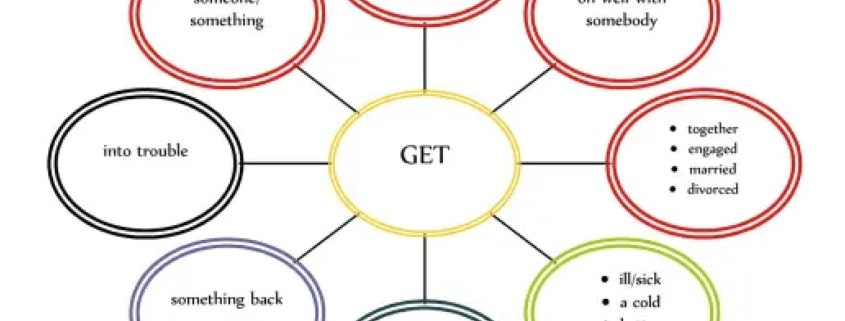 ISLCollective
ISLCollectiveGuessing Meanings of Words from Context
What does ‘head’ mean? Can you give a definition?
Did you say it’s the part of the body at the top of your neck which we put a hat on?
Look at the following sentences, what does ‘head’ mean in each sentence? Can you think of another word to replace it in each sentence? (answers at the end)
- The footballer headed the ball into the goal.
- She is the head of the marketing department.
- He always sits at the head of the table.
- The head of the river is up in the mountains.
- The restaurant charges £25 per head for group bookings.
- The negotiations reached a head and a resolution was urgently needed.
- The ship is heading towards the harbour.
What does the word ‘bright’ mean? Can you give a definition or a synonym in the following sentences?
- The sun shone brightly, lighting up the entire room.
- Niamh is a bright student, she always excels in class.
- The artist uses bright colours to create lively, dynamic paintings.
- Despite the challenges, he remained bright and optimistic.
What does the word ‘get’ mean?
- Can I get a glass of water?
- It’s getting dark outside.
- I don’t get the joke.
- What time do you get home?
- I’ll get the car keys.
- She got her friend to help with the project.
- He got a shock when he heard the news.
- I hope to get good grades this year.
- Get up, stand up.
When a word can have more than one meaning, it is called ‘polysemy’. In English there are lots of polysemous words. The word ‘run’ in English has 645 distinct meanings in its verb form alone.
Polysemy is one of the reasons we always tell students it’s important to guess meaning from context. When you find a word you don’t know, it’s natural to want to look it up in the dictionary straight away. However, it is is not always possible to use a dictionary (in exam situations, for example), and in these cases, the dictionary wouldn’t be much help. You will have to do what native speakers do when they encounter a new word: guess the meaning from the other words and/or pictures around it. Although this is something you probably already do in your first language, you should practise when reading or listening in English. It’s an important skill to develop. You could also note various meanings of words in your vocabulary notebook.
How many meanings did you get right?
Answers
Meanings of ‘Head’ – 1. To hit with the literal, anatomical head. 2. Leader 3. The front or top part of something. 4. The source or origin. 5. Person or individual. 6. Culmination or climax. 7. To move in a certain direction.
Meanings of ‘Bright’ – 1. Shining or luminous. 2. Intelligent or clever. 3. Vivid or colourful. 4. Happy or cheerful.
Meanings of ‘Get’ – 1. Receive or obtain. 2. Become or change state. 3. Understand. 4. Arrive or reach. 5. Fetch or bring. 6. Persuade or convince. 7. Undergo or experience. 8. Achieve or accomplish. 9. Action or Movement.


